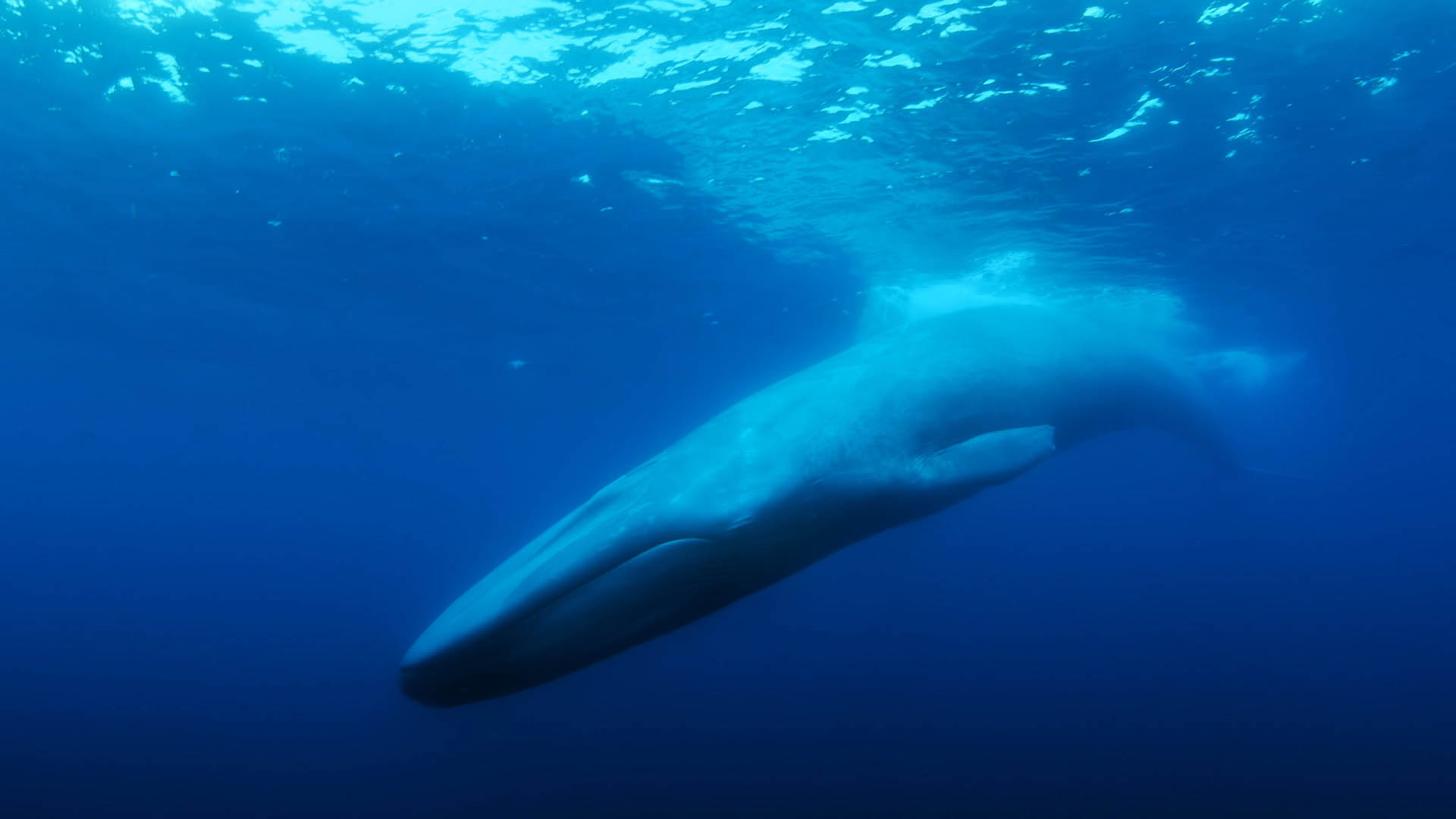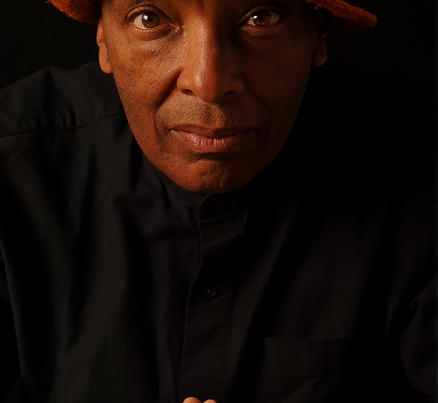Last Updated on 13/02/2024 by Admin
52 Hertz, Loneliness, and Mystery: An Interview with Josh Zeman, Director of The Loneliest Whale: The search for 52 Hertz.
In 1954, American novelist Richard Matheson published a book titled I Am Legend. Within it, he described a post-pandemic zombie apocalypse from the point of view of one Robert Neville – seemingly the last person alive – alone. This was of course translated into film, most recently in the 2007 work of the same name starring Will Smith. Within that film, we are relayed the pitfalls of solitude and the need for interaction with other people on many different levels. Our brains – at least according to what is known as the social brain hypothesis – evolved to navigate the social world. We have a highly sophisticated ‘theory of mind’ which evolved along with the need to be able to calculate the intentions of other people, and those of predators who want to eat us. It’s a huge part of what the Homo sapiens brain does. Some social butterflies are great at it, others less so, but we all do it. Without exercising that kind of brain, it can get depressed – and we experience that awful feeling of ‘loneliness’. Although some might be content being alone more than others, we might fail to appreciate sometimes just how much we need even the simplest of social interactions, from buying a bar of chocolate and saying ‘thank you’ to the cashier, to watching a documentary, reading fiction, or even attending to that awful trashy soap opera addiction. Without it, even the most ardent of self-proclaimed solitary individuals start to go a bit peculiar.
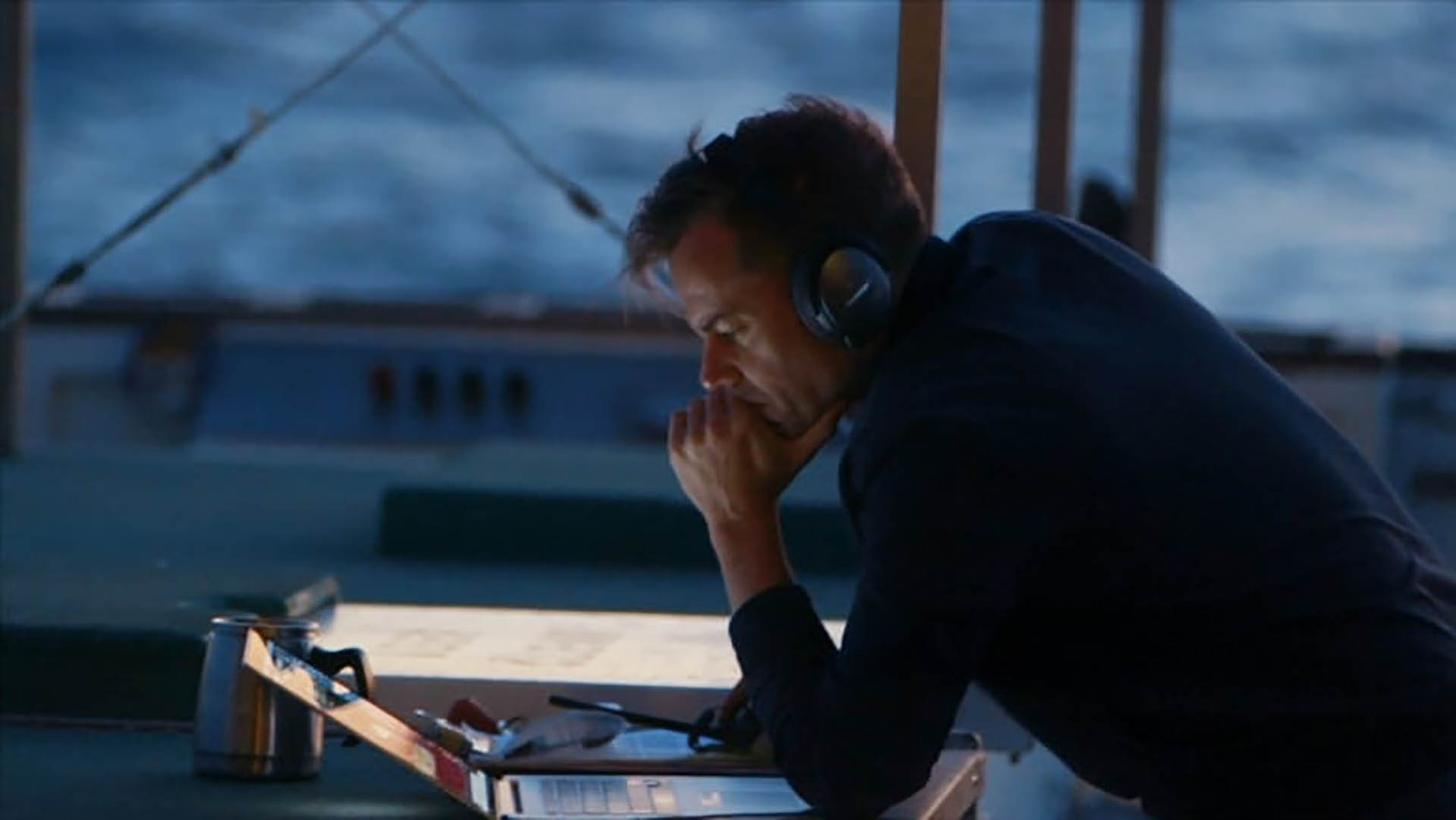 Although some might appreciate a moment’s peace these days, what if that peace never ended. Was Jean-Paul Sartre wrong when he said ‘Hell, is other people?’ What if, something as simple as telling someone you had a good or bad day, or saw something new, or funny, or beautiful, just wasn’t possible. How much of the enjoyment of life would that rob us of? Even one of our closest living relatives, the chimpanzee, also enjoys a bonding experience over a movie, reports Sean Coughlan of the BBC How chimpanzees bond over a movie together – BBC News. This is probably why it can irritate when the person you’re watching that movie with, falls asleep before it even gets started. It’s not just about how great the movie is, or the suspense, or the thrills – it’s about experiencing it together. We need to be able to share experiences with others, or life’s just not the same. “Did anyone else see that?! – No?” – Might as well never have happened then – maybe I should post it on Facebook and see if it gets any likes, because, you know – that’s really very important.
Although some might appreciate a moment’s peace these days, what if that peace never ended. Was Jean-Paul Sartre wrong when he said ‘Hell, is other people?’ What if, something as simple as telling someone you had a good or bad day, or saw something new, or funny, or beautiful, just wasn’t possible. How much of the enjoyment of life would that rob us of? Even one of our closest living relatives, the chimpanzee, also enjoys a bonding experience over a movie, reports Sean Coughlan of the BBC How chimpanzees bond over a movie together – BBC News. This is probably why it can irritate when the person you’re watching that movie with, falls asleep before it even gets started. It’s not just about how great the movie is, or the suspense, or the thrills – it’s about experiencing it together. We need to be able to share experiences with others, or life’s just not the same. “Did anyone else see that?! – No?” – Might as well never have happened then – maybe I should post it on Facebook and see if it gets any likes, because, you know – that’s really very important.
Delving into the animal kingdom, we find we share different levels of affinity and empathy with individual examples of its diverse range of products – particularly if we feel they possess certain human- characteristics. Those big emotive puppy dog eyes – Yes. Chimpanzees aping around bearing teeth that look like a strained smile – Yes. Chickens – No. Dolphins – Yes. A bush – No. Do we feel better adding more fish to a tank so the lonely goldfish we had all those years finally has some friends? – Yes. Were we as concerned about the lonely goldfish as we might be about the depressed-looking dog in the back yard? – No. Goldfish feelings just don’t seem very high on the spectrum of emotions we claim to be all that complex and sophisticated. However, give a child a rock and draw a pair of eyes on it like Tom Hanks did a volleyball in Cast Away – and then you have a pet rock that needs some friends, too. Who knows what the emotional life of the goldfish consists of, but one might wonder what anthropomorphising a fish – be it a clownfish or a great white shark – can do for how we treat and consider them. Did Finding Nemo boost pet fish sales? – Yes. Were sharks heavily hunted after Jaws (1975) was made? – Yes. Give the animal a human attribute, and we treat them differently, in much the same way as when we dehumanise certain people, tag them, brand, and number them instead of using their names, we can more easily treat them like non-sentient animals and cull them coldly and efficiently.
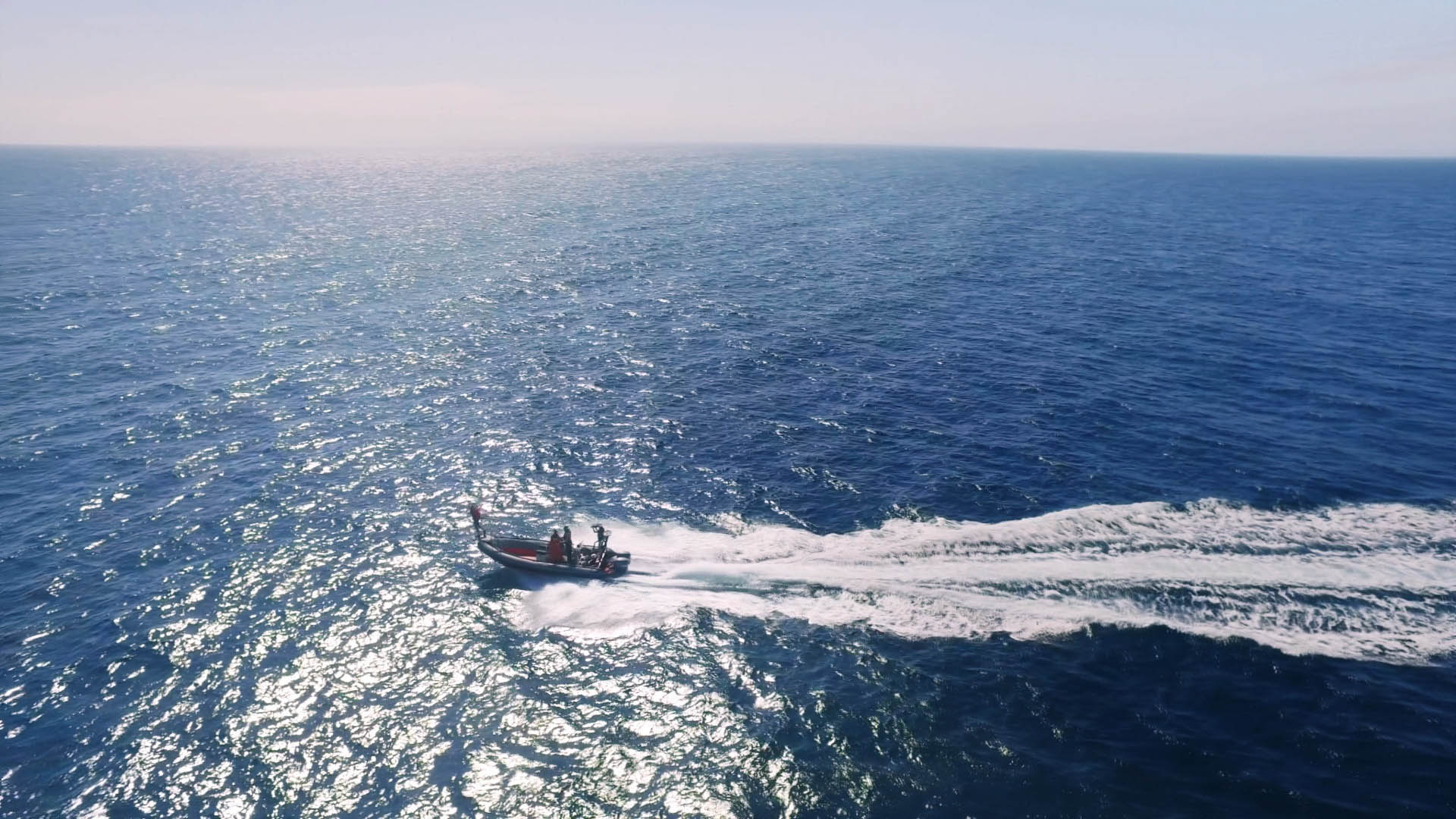 Before the 1970s, we did not think much of whales and likely a huge number of the population probably thought they were just big dumb fish. Hunted for their oil to light our streetlamps, they were nearly driven to extinction with sights that are now something to be ashamed of. But what happened to change that? The answer is quite remarkable. Bio-acoustician Roger Payne had a background in bat and owl echolocation, and he became interested in whale sounds in the late 1960s after he heard on the radio that a dead whale had washed up on Revere Beach (near Tufts University where he was working). He drove out to see it and found that souvenir hunters had hacked off the flukes from the dead porpoise. Somebody had carved their initials in its side, and another had put a cigar butt out in its blowhole. He said, “I removed the cigar and stood there for a long time with feelings I cannot describe. Everybody has some such experience that affects him for life, probably several. That night was mine.” In 1970 Payne recorded the sounds made by humpback whales, sped them up so they were perceptible to the human ear, and pressed a best-selling record that went multi-platinum. The whales appeared to be singing – and that right there was a human connection through music. No longer could these ‘big dumb fish’ be just masses of meat and blubber. If they possessed musicality, then perhaps they possessed the emotional lives that go hand in hand with singing. And so, the Save the Whales movement began, and we began exploring the connection we have with these majestic creatures, observing their highly social behaviour, parental care of their young, and coming to understand them more fully.
Before the 1970s, we did not think much of whales and likely a huge number of the population probably thought they were just big dumb fish. Hunted for their oil to light our streetlamps, they were nearly driven to extinction with sights that are now something to be ashamed of. But what happened to change that? The answer is quite remarkable. Bio-acoustician Roger Payne had a background in bat and owl echolocation, and he became interested in whale sounds in the late 1960s after he heard on the radio that a dead whale had washed up on Revere Beach (near Tufts University where he was working). He drove out to see it and found that souvenir hunters had hacked off the flukes from the dead porpoise. Somebody had carved their initials in its side, and another had put a cigar butt out in its blowhole. He said, “I removed the cigar and stood there for a long time with feelings I cannot describe. Everybody has some such experience that affects him for life, probably several. That night was mine.” In 1970 Payne recorded the sounds made by humpback whales, sped them up so they were perceptible to the human ear, and pressed a best-selling record that went multi-platinum. The whales appeared to be singing – and that right there was a human connection through music. No longer could these ‘big dumb fish’ be just masses of meat and blubber. If they possessed musicality, then perhaps they possessed the emotional lives that go hand in hand with singing. And so, the Save the Whales movement began, and we began exploring the connection we have with these majestic creatures, observing their highly social behaviour, parental care of their young, and coming to understand them more fully.
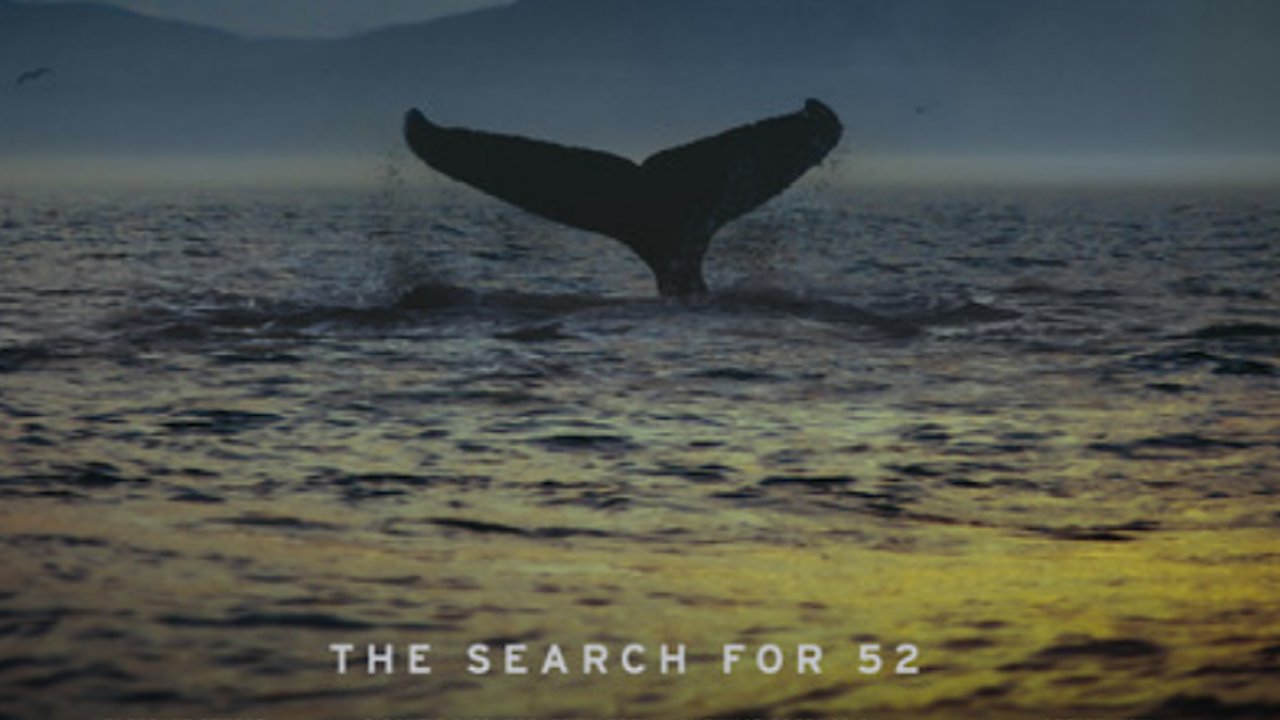 Whales sing at certain frequencies, and like Homo sapiens, they operate within a limited range of frequencies. Sound travels through water more easily. Big deep sounds travel through water much further, and this is how whales communicate across the oceans in vast social networks. Whales had mastered telecommunications way before mankind. Now here’s the thing – there is a whale out there singing at a frequency that other whales don’t sing at and probably can’t hear. ‘52 Hertz’ (the frequency at which it calls) has been detected many times since the 1980s and has baffled scientists ever since. It has been dubbed the ‘loneliest whale’ in popular culture – but nobody has ever seen it, that we know of. This creature with which many feel they have an affinity, pulls on our heartstrings. Artist and musician Kate Micucci put it well with her musical ode to 52 titled Doreen the Whale:
Whales sing at certain frequencies, and like Homo sapiens, they operate within a limited range of frequencies. Sound travels through water more easily. Big deep sounds travel through water much further, and this is how whales communicate across the oceans in vast social networks. Whales had mastered telecommunications way before mankind. Now here’s the thing – there is a whale out there singing at a frequency that other whales don’t sing at and probably can’t hear. ‘52 Hertz’ (the frequency at which it calls) has been detected many times since the 1980s and has baffled scientists ever since. It has been dubbed the ‘loneliest whale’ in popular culture – but nobody has ever seen it, that we know of. This creature with which many feel they have an affinity, pulls on our heartstrings. Artist and musician Kate Micucci put it well with her musical ode to 52 titled Doreen the Whale:
‘There was a whale so sad and lonely. Was out at sea all on her only, because she sang so baritonely. Too low for other whales to hear it. So, no other whales came near it. Still, they sing out full of spirit. She sang, I’m Doreen the baleen whale who wouldn’t mind meeting a male who likes krill and swimming and low voiced whale women. My heart will find no love.’
“It kind of hurts a little bit, you feel for the whale. I feel like people can relate to it in a way that you just hear about this one whale who’s never made any friends. And I think that really really resonates with people. They understand it. Everybody feels like an outsider at some point in their life. I think that’s why so many people care about it – about him – or Doreen, her, as in the song. But really? What’s his name, I guess it’s 52. Hertz whale, does he have a name?”, says Micucci.
“The scientists have called him 52.” (says Josh Zeman, director of the documentary we go on to feature here)”
“Oh, he doesn’t even have a real name. He has a number.”
But does this kind of empathy say anything about the whale, or more about us as a species? Filmmaker Josh Zeman had the idea to mount an expedition to find this whale – shooting a documentary about it in the process – and I had the opportunity to talk to him about it.
Q. So, Josh – the idea of this whale out there that no other whale can hear seems to have captured the hearts and imagination of the world through the internet and social media, right?
A. Yeah, this was part of this story going viral. So that was the connection. What made this story go viral was social media. We thought there was an interesting inverse correlation. That was what led us on to that story and then from that, we just started really delving into whales – and realising the profound effect that they had on our culture. And, we’ve heard there are stories of lonely turtles, but that doesn’t seem to grab the attention as a whale does – and because they’re so huge we are somehow humbled in their presence. They’re in the ocean which is foreign and almost dangerous to us. And then, the idea that there is some kind of sentience there coming from some unfinished business in the 1970s when we were really looking at it – there’s a mystery there. Can we ever communicate with whales? You know, we have this theory about communicating with dolphins, so there is there’s a mystery there. That was one of them, but I think there was another interesting thing going on, which was the idea that we don’t go on quests anymore. We don’t have mysteries anymore. Every search, we have a search engine, you know what I’m saying? We think we can answer all the questions that we have with a search engine, but I wanted to go on a real search. I wanted to go on this, kind of, quest to find a whale kind of invoking a somewhat Jacques Cousteau/Ahabian idea and the fact that there could be this great unknown – and tackling that unknown in the ocean, we’re just so far removed from that mystery of the ocean and its depths – and I grew up in New York City. I’m not that much of a nature person. I’m not that much of a sea person either, but there’s a kind of fascinating connection and not just some spiritual connection, just being out on the open ocean at night. It freaks you out, you’re in the middle of nowhere.
Q. When I was watching the documentary, I kept on being reminded of Quint, Hooper, and Chief Brody in Jaws when they’re out on the boat at night in the middle of the ocean.
A. It’s terrifying, but it’s also interesting. , I spoke to a professor at Princeton, a professor of history, and he said, there’s never been a creature that we hunted and was feared and it was a monster a hundred years ago, but somehow in just a hundred years our whole perception of that creature shifted. And that, I thought, was very interesting. There’s been no other creature where we’ve had this complete turnaround. We still have things about wolves and bats – we’re never going to get over that – but whales really flipped – so I thought that was interesting too. So I also wanted to go on this quest, or explore this notion of a quest, and what better for Americans, I guess, but also the world, than the ultimate quest story, which is Moby Dick.
Q. It was a massive selection of scientists and university scholars that you assembled there to take part in this whole thing. Was that difficult to do? How long did that take? Getting professors to go to talk to, or who have the time to answer any emails, is difficult so I can imagine that aspect of it wasn’t done in a couple of weeks.
A. (Josh laughs) No. what the film doesn’t show is that it took about six years to mount that expedition. There was a scene where we meet one of the earlier guys and he laughed at us. Going out to find a whale on the ocean is incredibly difficult, and we kind of played up the naiveté, but we really weren’t completely naive. But I think scientists are learning that they need to be better storytellers. Academics are learning that they need to be better storytellers. And so this whale, even though it was anthropomorphised, which they hated, gave them that opportunity.
Q. Indeed that debate about anthropomorphising or projecting human qualities onto other objects or organisms crops up as a kind of flash debate about an hour into the documentary. It was really interesting.
A. Yeah, they hate it, but even though they don’t like that idea I think they realised that we presented a great opportunity. In some ways we presented it to them as ‘this is a bank robbery – or ‘this is a heist film’ and you know what? – I don’t think what really comes across 100% clear after the film is that they had never done this before. They’re using navy equipment. They’re trying to acoustically find and tag a whale, and this was an opportunity for them to try to, and I think with low stakes because they knew who I was but it’s not like they were going out on a huge National Geographic expedition where there’s so many parameters and expectations. This was, ‘Hey, you want to try this unbelievably crazy thing? That could totally be cool.’ They’re fighting for every piece of funding possible. So if some guy is going to come to them and say, ‘Hey, I got money for you to go out on a boat to go and tag whales and do some stuff you’ve never done before,’ they’re going to say, ‘Absolutely!’. But I had to get John Calambokidis, the guy with the beard, he was the guy who we needed to convince to get on board.
Q. I think that when you convince that one key person others get interested, don’t they?
A. Yeah, and then some interesting things happened. John Hildebrand had an intern listening through some stuff and she put it in the computer to find the 52 Hertz signature, and suddenly they said, ‘Well, this is interesting!’. This whale is supposed to be far off the coast, so what is it doing this close to home – so close to shore? And that was an interesting mystery. And then I think they started to have the idea slightly earlier than I did that there was two, right? Or was it a hybrid? Could it be the same whale? So it really presented an interesting challenge for them. So they said, yes.
Q. I can imagine if that information about there possibly being two of them was out there, people would start to concoct romance stories i.e. that 52 finally found his long-lost love or something like that, because I get the feeling that it’s this kind of narrative that really tapped into people’s hearts and imagination.
A. Yeah, and it relates to your question about the anthropomorphising – we are a conceited species and scientists don’t like us anthropomorphising animals – assigning human attributes where there are none. At the same time, there could be a sentient whale with those attributes. So as much as they hate anthropomorphising, they also realise, maybe there is a benefit to anthropomorphising in terms of the questions that we’re asking about this whale, about cooperative feeding, child-rearing etc. It could be sentient.
Q. Social evolution and the role of cooperation is all the rage in biology, but it’s not without some controversy. The human tendency to anthropomorphise has done a lot to shape our view of the world. For instance, some scholars like Stewart Guthrie argue that the tendency has been responsible for the birth of a religious view of the world involving deities and supernatural agents – Faces in the Clouds, as it were.
A. It’s human nature to anthropomorphise. How can we not anthropomorphise? Scientists are trained not to anthropomorphise but for the common layman, they’re going to anthropomorphise. So I say address that head-on rather than trying to say, oh, he’s not the loneliest whale, because the goal is to create empathy so that you can protect these animals.
Absolutely.
Many have been inspired by the notion of a lonely whale, but where does the myth of the story, meet the science? In other words, could 52 even feel that so-called human emotion? Is this whale really lonely? Dr. Michael Novacek at the American Museum of Natural History, says, “Whales, at least from a biological perspective as much as we can tell, have complex behaviours. They have a lot of parental care. They have large brains. So I think this loneliness idea is interesting in that context – on the other hand, I really wouldn’t want to hazard a guess of whether this creature is actually emotionally lonely or not.” Animal Psychologist Dr. Vint Virga says, “Whales are social beings – period. The fact that nobody is responding to him. Absolutely. Without a doubt, this whale is lonely and that’s not being anthropomorphic.” Dr. Bruce Mate, Director of the Marine Mammal Institute at Oregon State University, says, “Yeah, remarkably, if you say things often enough, it turns into fact, but we don’t have very much information to make these broad general statements.” Roger Payne, self-founder of Ocean Alliance, and who brought whale song into the public psyche, says, “Any feeling that we have, we call ‘feeling lonely’ must be shared with other animals. The chances that we invented these emotions are basically somewhere between 0 and minus 1.”
Whether or not certain emotions ‘must’ be shared by other organisms is a matter of logical necessity – but what Roger Payne meant is that it is certainly not necessarily the case that Homo sapiens are the only species on the planet with sentient lives replete with complex physiological states that we call emotional life. Perhaps, it is arrogant of us and always has been as well as incorrect, to have remained in the mindset that we are not ourselves animals, too. Did they ever find 52 Hertz? I’m not going to say – you’ll have to enjoy the story for yourself – but as Josh seems to want to say himself, it’s the journey that’s just as important, and resurrecting that sense of adventure we left behind, oh so long ago.

